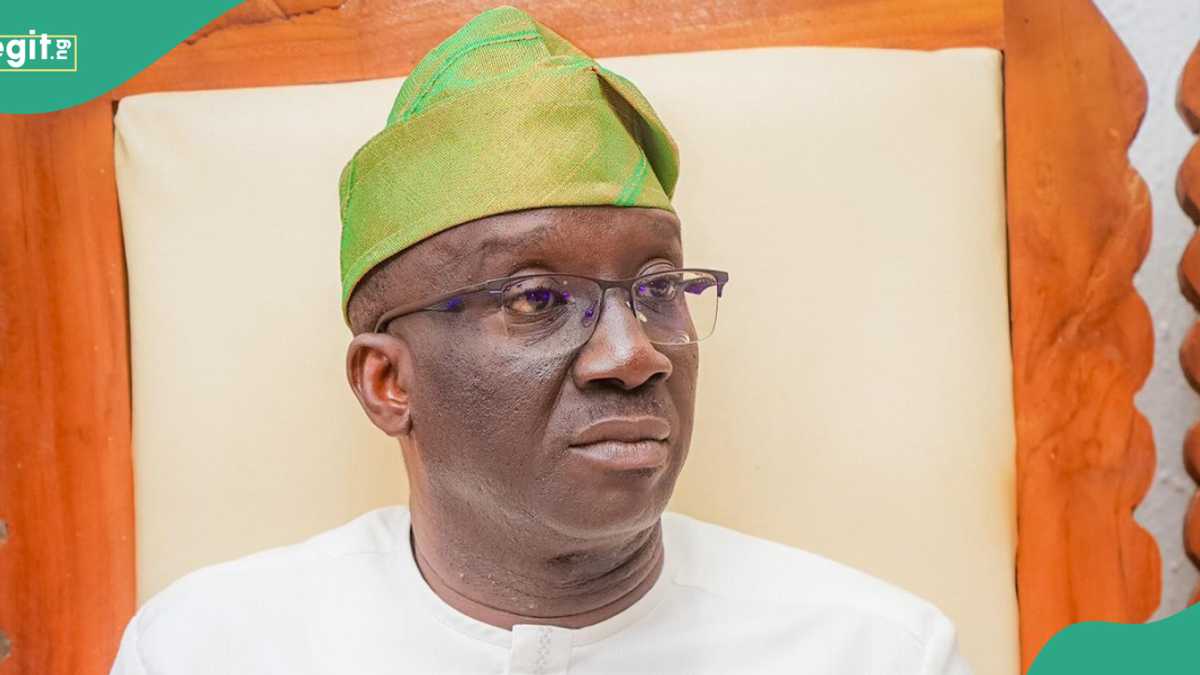Thursday’s 2024 Joint Admissions and Matriculation Board (JAMB) policy meeting in Abuja brought out a rumbling but muted discourse that has been on the front burner. The Minister of Education, Professor Tahir Mamman, declared that henceforth, prospective applicants for tertiary admissions must have attained the age of 18 years. Dismissing any planned resistance to his declaration, he categorically declared that the decision is a government policy. Some persons who attended the meeting told me that the government’s attempt to change the age limit for tertiary admissions has always been an issue that was bound to reverberate across the nation.
Playing Safe
Amidst the growls caused by Mamman’s disclosure that prospective applicants for tertiary admissions must be 18 years, some online platforms carried reports that the education minister has reversed himself. Without an official statement from the Federal Ministry of Education, it’s safe to state that the earlier report that affirmed the 18-year policy for tertiary education still holds. Insisting that admission applicants for post-secondary institutions will now be 18 years, the new policy is reflective of unrestrained tyranny under a democratic system that has refused to engage the public for a final decision.
Since the inception of the Joint Admissions and Matriculation Board (JAMB), the official age limit for admissions into universities and other tertiary schools has always been fixed at 16. Recently, with the emergence of private universities and other tertiary schools, there have been instances where students below the age of 16 were offered admissions. JAMB under Professor Ishaq Oloyede has abandoned its key role of advising the government on what to do to manage tertiary admissions.
Uncertain Rhythm
When Oloyede asked where the children are running to, he seems to be fixated on the old practice where students got admitted into the university at the age of 25. There’s nothing wrong for people to be admitted to tertiary education at 25, but do you now punish youngsters under 18 who have passed their JAMB exams by denying them the right of getting admissions? Why is it that UTME results expire yearly and are not extended for at least three or four years? As long as it serves to bring revenue to the government, JAMB can continue with the exploitation of poor citizens on a yearly basis. The truth is, the political elites are getting worried at the increasing thirst by youths for tertiary education. These public officials, who have relocated their children abroad, are only attempting to cripple the educational prospects of youngsters whose parents and guardians can’t afford foreign education.
The 18-year limit is dead on arrival as the weeks and months ahead may lead to protests over a policy that must not be allowed to stand. It’s quite a misnomer that JAMB is only interested in conducting exams every year and earning revenues without standing up against public officials determined to frustrate the dream by under-18 admission seekers. When the minister reportedly said that the government was planning to provide skills to secondary school graduates who are yet to attain 18 years, I am quick to ask:
What has happened to the various skill acquisition programmes by the government?
Considering global best practices, Nigeria cannot stab itself by crippling the growth of youths whose thirst for education remains unrivalled. If the system we operate enthrones inefficiency by promoting the old over the youth, our nation risks a revolt from these youths if nothing is done to stop the current trend in muzzling them. These youths bear the dreams of the future that will either make or mar Nigeria.
Needless Distraction
Against the backdrop of opposition that greeted the outcome of the meeting on the new age limit by heads of tertiary schools, going ahead with the so-called policy is not only anti-people, but is a deliberate ploy to cripple the education of Nigerian youths. Claiming that some of the riots on campus are instigated by students that are below the age of 18 is outright twaddle. The age-long disagreements between the federal government and members of the Academic Staff Union of Universities (ASUU) have been the major hindrances to harmony in tertiary institutions. It’s for this reason that many parents are trying to make money to save their children and wards from elongated study years due to shutdowns.
It’s not realistic for the government to insist that the 18-year limit is set for implementation in 2025. I don’t even think that five years is even an enough period. To tackle the matter, the government must carry along the people and convince them of the desirability of the age limit review. Thereafter, the matter can be tabled to the National Assembly for deliberation. Mamman gave himself too much power that he does not have. Determining the fate of hundreds of thousands of our youths for tertiary admissions is beyond his powers.
Denying under-18 students tertiary admissions is not only undemocratic, but also a clear attempt at robbing poor citizens, who are presently facing worse times of their lives, to pay the government that has always been a bottomless pit of corruption. Both the National Assembly must stop Mamman on his tracks. It’s time to advise to show some of his ministers the exit door in order to avert ill-fated pronouncements linked to the exercise of their official duties. Nigerians are presently facing hard times, and the current rumbles over the age limit for tertiary admissions is an unnecessary distraction.

 3 months ago
85
3 months ago
85















 English (US) ·
English (US) ·